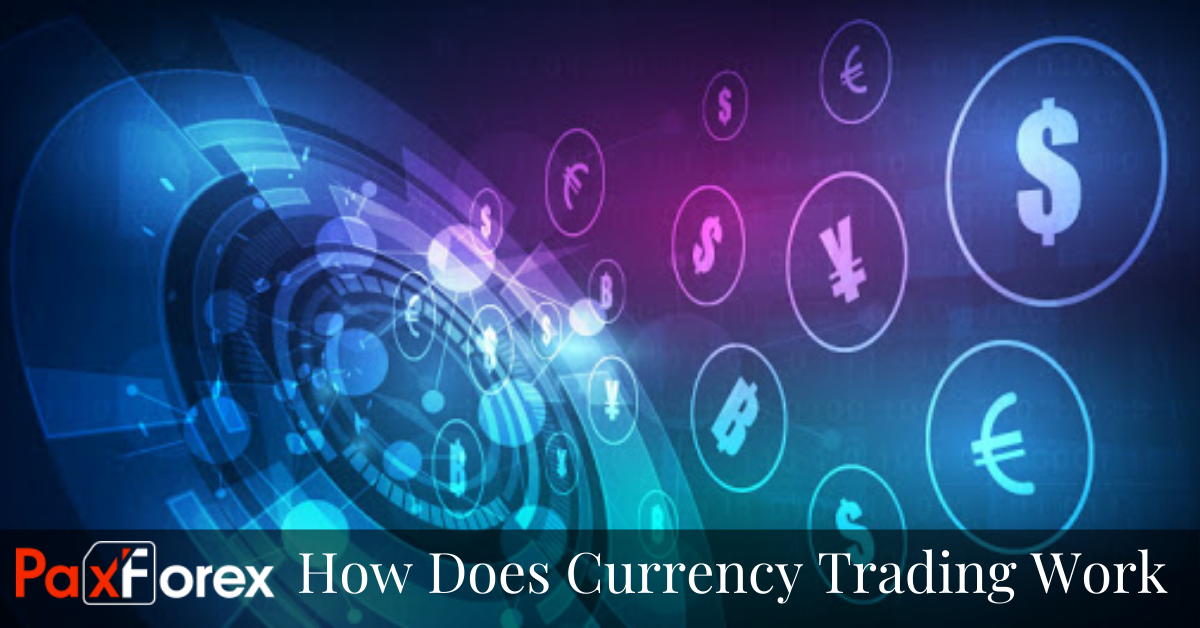
There has never been a more challenging and exciting time to be trading in the foreign exchange market. What started out as a market for professionals is now attracting traders from all over the world and of all experience levels. The forex market mainly exists because of the need to ease or facilitate currency exchange. There is a need to exchange currencies because one country’s currency is not accepted in another. Currencies are needed everywhere to facilitate trade of goods and services.
The forex market works just like the other financial markets. Currencies are sold and bought at the current rate. The price of a currency with respect to another currency is called the exchange rate. Since the U.S. dollar is the currency that dominates in financial markets, exchange rates are expressed mostly in US dollars. Except when the exchange rate is pegged or fixed, or when the rate is set by the government, it is determined by demand and supply. The type of exchange rate where various market factors come into play is called floating exchange rate.
The foreign exchange market works through financial institutions, and it operates on several levels. Behind the scenes banks turn to a smaller number of financial firms known as “dealers,” who are actively involved in large quantities of foreign exchange trading. Most foreign exchange dealers are banks, so this behind-the-scenes market is sometimes called the “interbank market”, although a few insurance companies and other kinds of financial firms are involved. Trades between foreign exchange dealers can be very large, involving hundreds of millions of dollars.
In the forex market you can buy or sell one currency for another. When you buy a currency, you are said to be "long" in that currency and when you sell a currency, you are said to be "short" in that currency. As the value of one currency rises or falls relative to another, traders decide to buy or sell currencies in order to make profits - since the objective is to earn a profit from their position. Placing a trade in the foreign exchange market is simple and the mechanics of a trade are virtually identical to those found in other markets. Because of the symmetry of currency transactions, you are always simultaneously long in one currency and short in another.
The basic functions of the foreign exchange market affect everyone because of the fact that currencies are the lifeline of the economy. A good sense of how it works would help investors and ordinary citizens alike understand the movements of their own currencies vis-à-vis other currencies. And with the help of speedy and more accessible internet technology, it has now become an increasingly evolving market where ordinary people can conveniently participate in.







